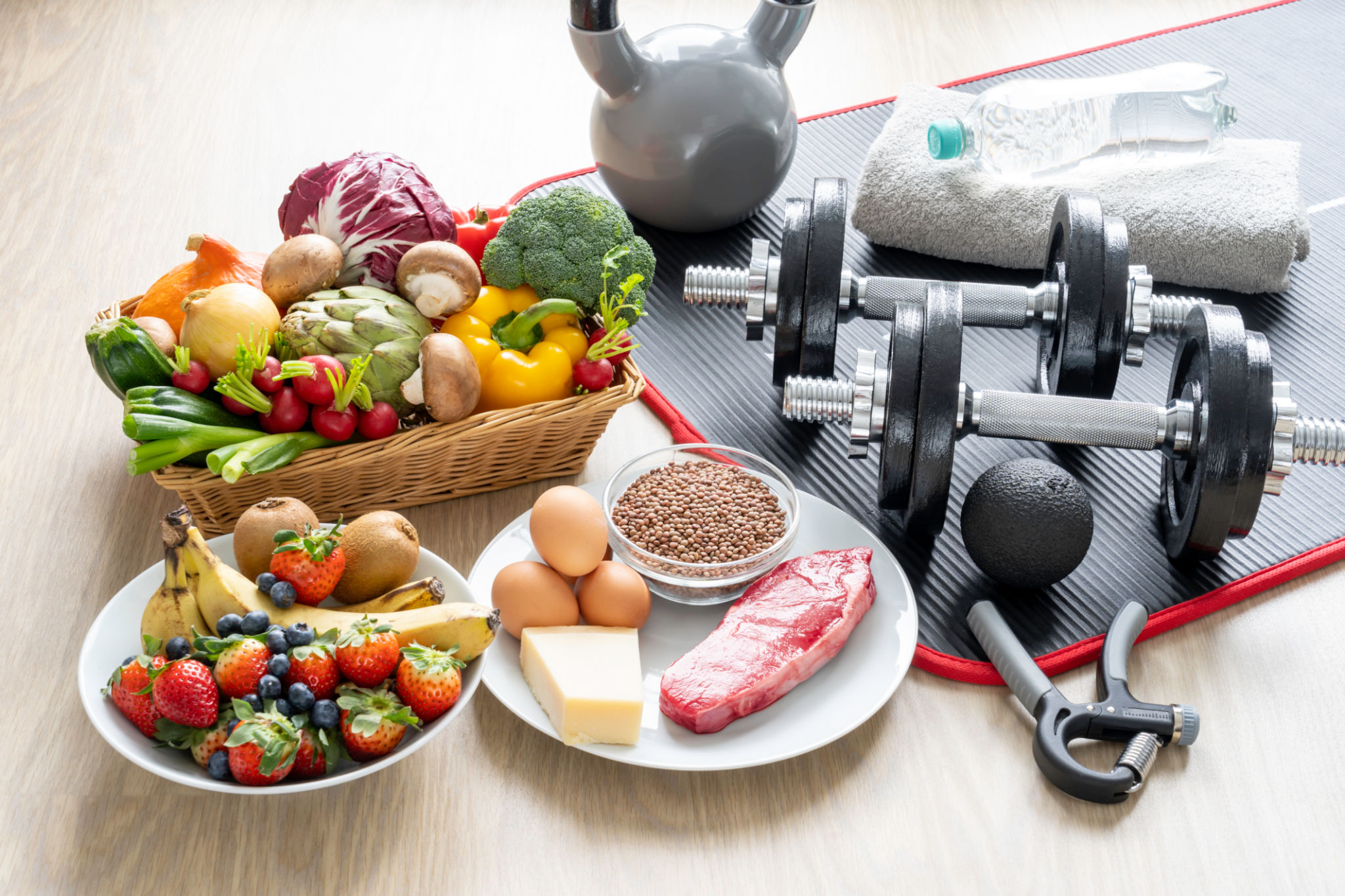How Sports Nutrition Advice Can Enhance Your Workout Performance
Understanding the Basics of Sports Nutrition
To optimize your workout performance, it's essential to understand the role of sports nutrition. At its core, sports nutrition involves the intake of nutrients that support your training and recovery processes. These nutrients primarily include carbohydrates, proteins, fats, vitamins, and minerals. By tailoring your diet to your specific needs, you can enhance your energy levels, reduce fatigue, and improve overall performance.

The Role of Carbohydrates in Energy Supply
Carbohydrates are a primary source of energy, especially during high-intensity workouts. They replenish glycogen stores in your muscles, which are crucial for maintaining stamina and endurance. Consuming carbohydrates before and after exercise can significantly influence your energy levels and recovery time. Incorporating foods like whole grains, fruits, and vegetables into your diet can provide a steady supply of energy.
Timing Your Carbohydrate Intake
Timing is key when it comes to carbohydrate consumption. For optimal performance, it's recommended to consume carbohydrates 1-3 hours before exercising. This timing allows your body to effectively use the glycogen stores during the workout. Post-exercise, consuming carbohydrates within 30 minutes can help replenish these stores and accelerate recovery.
The Importance of Protein for Muscle Repair
Protein is vital for muscle repair and growth. It provides the amino acids necessary to rebuild muscle fibers that break down during exercise. Integrating a sufficient amount of protein into your diet can aid in reducing muscle soreness and improving recovery times. High-protein foods such as lean meats, dairy products, eggs, and legumes should be a staple in your nutritional plan.

Balancing Protein Intake
For those engaging in regular physical activity, it's crucial to balance protein intake throughout the day. Consuming protein-rich meals or snacks every few hours ensures a continuous supply of amino acids to your muscles. This strategy not only supports muscle repair but also aids in maintaining a lean body mass.
Hydration: The Often Overlooked Element
Hydration plays a fundamental role in maintaining workout performance. Dehydration can lead to decreased coordination, fatigue, and even heat-related illnesses. It's important to drink water before, during, and after exercise to maintain optimal hydration levels. Including electrolyte-rich drinks can also be beneficial, especially for prolonged or intense workouts.

Recognizing Signs of Dehydration
Being aware of the signs of dehydration is critical for any athlete. Symptoms such as dizziness, dry mouth, and dark urine should be addressed immediately by increasing fluid intake. Developing a hydration routine that fits your workout schedule can prevent these symptoms and enhance your athletic performance.
Crafting a Personalized Nutrition Plan
Every athlete's nutritional needs are unique, depending on factors such as body composition, fitness goals, and workout intensity. Consulting with a sports nutritionist can help you create a personalized nutrition plan that aligns with your specific requirements. This tailored approach ensures that you're fueling your body with the right nutrients at the right time.
In conclusion, incorporating strategic sports nutrition advice into your routine can significantly enhance your workout performance. By understanding the role of carbohydrates, proteins, and hydration, and timing their intake effectively, you can maximize your energy levels, improve recovery times, and achieve your fitness goals more efficiently.
